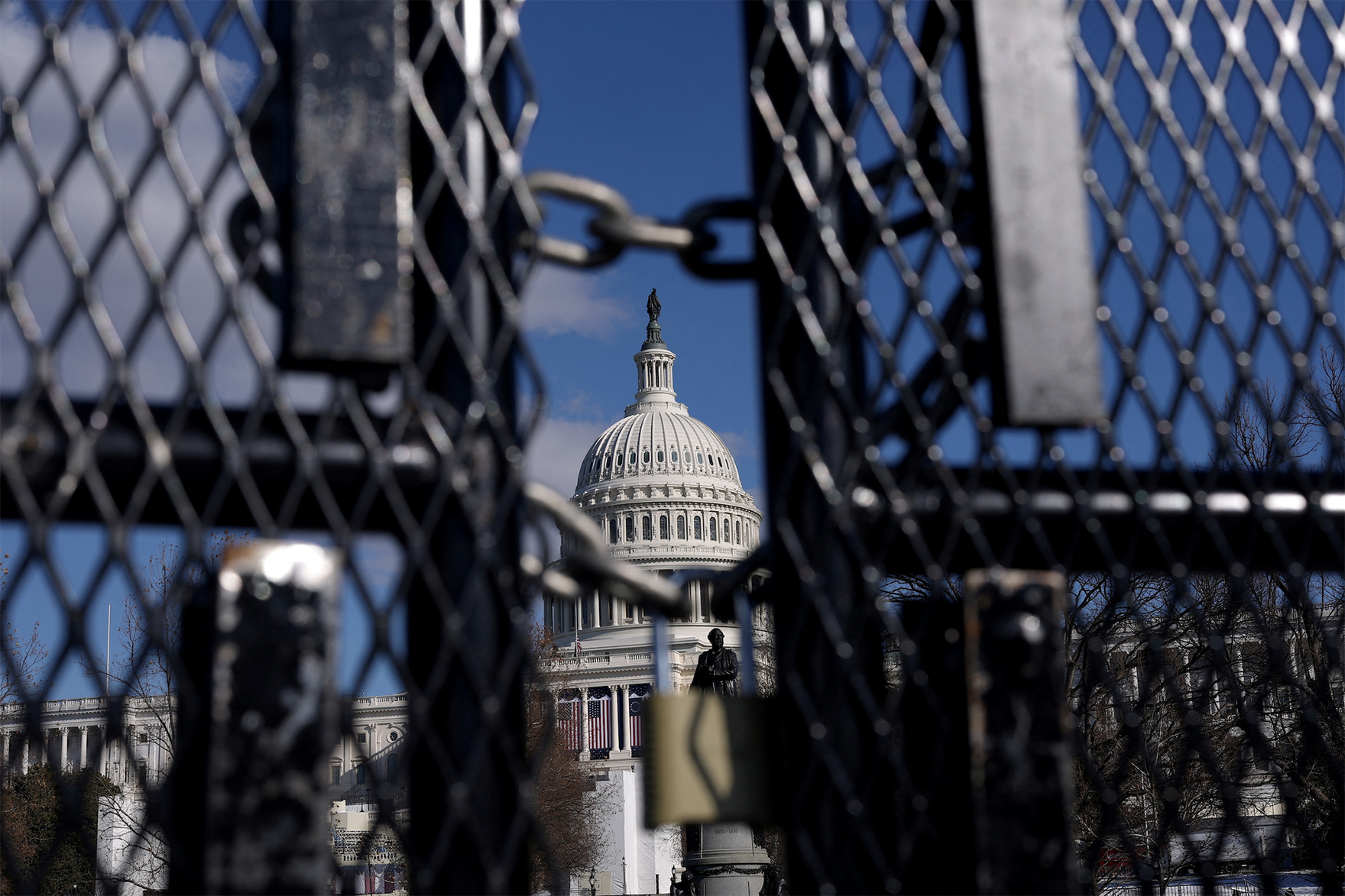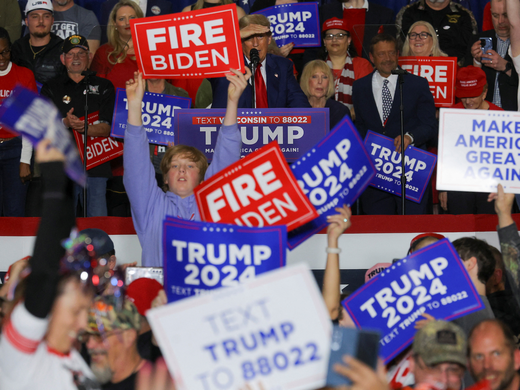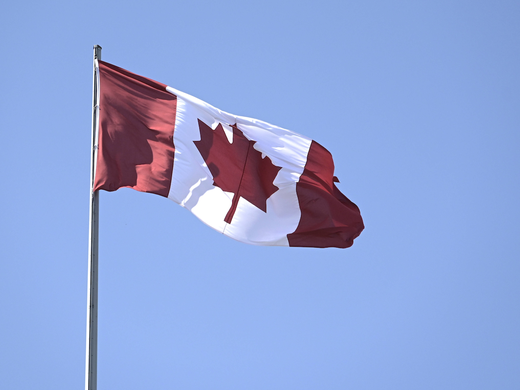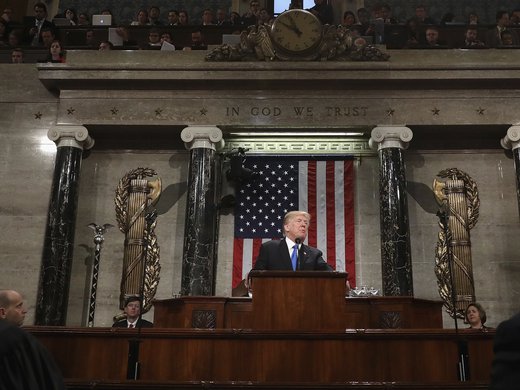The re-election of Donald Trump portends significant changes. And while it is too early to say what resemblance the economic policies of a Trump 2.0 administration will bear to the inchoate pronouncements made on the campaign trail, it is clear that the global economy is about to confront serious macroeconomic challenges.
Even before his inauguration, the president has threatened to impose large tariffs on Canada and Mexico, with whom the United States negotiated a renewal of the North American Free Trade Agreement under his first administration. The use of punitive tariffs by a Trump 2.0 administration would undoubtedly — though not irreparably — hurt the Canadian economy. But such a move would also harm US consumers, since, contrary to the president’s blandishments, tariffs are a de facto tax on consumption. At the same time, tariffs aimed at securing competitive advantage, implemented by a man who views trade — indeed, the world at large — as a zero-sum game, would also diminish US leadership on global affairs by eroding the credibility of US commitments to international agreements.
That leadership was instrumental in laying the foundations for what was, arguably, the greatest period of global economic development in history. Under the tutelage of the great British economist John Maynard Keynes, and with the financial resources of the United States backing them, the international organizations created at the Bretton Woods conference in 1944 were key building blocks of the post–Second World War global economy. These institutions — the International Monetary Fund, the World Bank, and successive rounds of tariff reduction negotiations under the General Agreement on Tariffs and Trade, now embodied in the World Trade Organization — assisted member countries to reap the gains from international trade, limited the extent to which those gains were lost to financial crises, and promoted economic development around the globe so that more people could participate in and benefit from the global economy. Together, they formed a wellspring of global growth, and with complementary political and military alliances to safeguard international security, constituted a rules-based international order that brought peace and prosperity to millions around the world.
The president, enabled by a sycophantic party and compliant courts, threatens to pour salt into that wellspring and foment insecurity in pursuit of his chimerical self-image of master negotiator. In addition to his tariff threats against Canada and Mexico, he has recklessly mused about making Greenland a territory and retaking control of the Panama Canal — by force, if necessary. And he has threatened to use those very same tariffs to pressure Canada into becoming the fifty-first state.
There are only two possibilities regarding these threats. Either Trump is serious, in which case the world as we have known it is over, and a new dark age is descending on the democracies of the globe, or his coy comments about not ruling out military intervention to secure American strategic interests are merely dissembling.
The blindingly transparent objective of such dissembling is to create uncertainty to strengthen the bargaining position of the United States, which is supposedly being economically and strategically exploited by its key allies. In this respect, it is tempting to dismiss his threats as the ramblings of a fevered and unfocused mind. However, in his determination to take the United States back to the 1950s — before the Civil Rights Act, before women’s rights and before environmental regulations — the incoming president could inadvertently return the world to the 1930s. This outcome should not be discounted. History, sadly, is often shaped not by careful consideration, but by backroom blundering that results in unintended consequences. Ironically, the chaos unleashed by Trump’s incoming administration could indeed spur North Atlantic Treaty Organization partners to increase their defence spending, which was already rising as a result of Russia’s invasion of Ukraine, but at the cost of destroying the alliance.
Under this scenario, the global economy would be at risk of fragmentation, with countries joining trading blocs reminiscent of the 1930s. At the time, the United Kingdom, its colonies and the self-governing members of the Commonwealth, collectively comprising the British Empire, were joined in a customs union (the imperial preference system) that enforced discriminatory tariffs on the imports of non-members. Nazi Germany, under the able economic and financial stewardship of Hjalmar Schacht, embarked on an ambitious program of self-sufficiency through import substitution and, later, engaged in the economic exploitation of conquered countries. And Japan was intent on creating a greater East Asia “co-prosperity” sphere through the use of military force, starting with the rape of China.
The United States, which had contributed to the balkanization of the global economy with the introduction of the Smoot-Hawley Tariff Act in 1930, found its exports penalized and its access to raw materials blocked. That is why then president Franklin D. Roosevelt (FDR) made trade liberalization, access to resources on market terms, and the independence of European colonies the cornerstones of US foreign policy. Indeed, there is a direct line from that experience to the joint statement of war goals that Winston Churchill and FDR enumerated in the Atlantic Charter in August 1941, and on to the rules-based international order the victorious allies created at Bretton Woods.
Economic prosperity, FDR reasoned, is inextricably tied to peace and international security. It is why his foreign policy was based on the principle that open, free markets are the surest way to ensure growth and development. It has been the policy of every US administration since, with one notable exception. FDR captured the essence of that policy in a simple phrase: “Co-operation between nations, competition between firms.”
Trump’s ill-conceived and boastful bluster and his seeming willingness to favour firms that show obeisance reverses that ordering, putting global prosperity, peace and security at risk.
It is the nightmare that FDR had hoped to banish.



